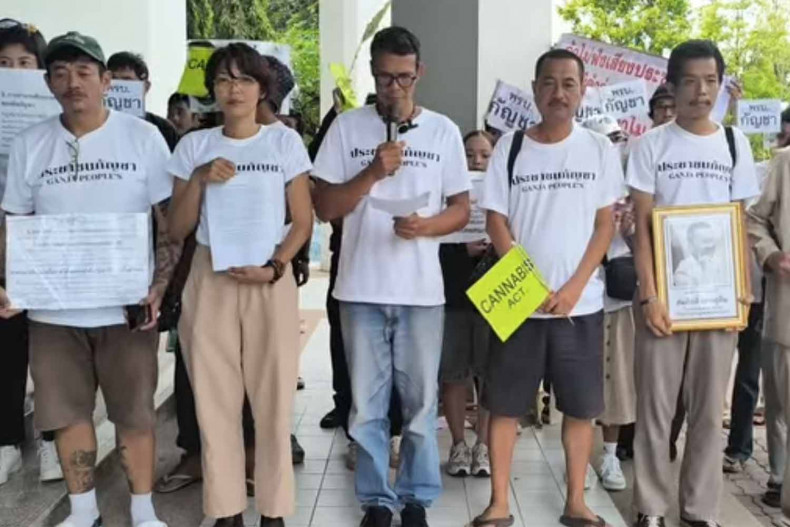Strict New Regulations Enforced
Medical-Only Focus Implemented
Thailand’s Ministry of Public Health is implementing stringent regulations to transform the country’s 18,000 cannabis dispensaries into medical clinics by the end of 2025, with only 2,000 expected to meet the new standards. Dr. Somlerk Jeungsmarn, head of the Department of Thai Traditional and Alternative Medicine, predicts most shops will close due to rigorous requirements. With 1.5 million cannabis users since the 2022 decriminalization, per 2025 ministry data, these changes aim to curb recreational use and prioritize medical applications.
Prescription-Based Access Mandated
Standardized Medical Protocols
The Controlled Herbs Announcement (Cannabis) BE 2568, effective June 26, 2025, mandates prescriptions from one of seven authorized medical professions for cannabis purchases. The Phor Thor 33 form, used nationwide for healthcare providers, is required for dispensaries, with monthly sales and prescription reports starting in July. This shift addresses the tenfold increase in usage, ensuring Thailand’s 40 million internet users access cannabis safely for medical purposes like epilepsy and chronic pain.
Enhancing Quality Control
GACP Certification Required
Cannabis must adhere to strict quality standards, minimizing heavy metals, pesticides, and microorganisms to protect consumers. Currently, 69 GACP-certified cultivation plots produce 71,850 kilograms of dried cannabis flowers annually, with 24,000 kilograms exported, per 2025 ministry reports. An additional 51 plots await certification, potentially increasing output to 125,000 kilograms. These standards ensure safe products for Thailand’s 67 million residents, aligning with global health benchmarks.
Medical Training Initiatives
Preparing Healthcare Professionals
Starting July 16, 2,000 physicians will undergo training to prescribe cannabis, creating a ratio of one doctor per 10 clinics among the remaining 2,000 shops. Additionally, 100,000 cannabis shop staff will begin training on July 17 to comply with medical protocols. With 60% of Thai healthcare providers adapting to new regulations, per 2025 surveys, these efforts aim to professionalize the industry, ensuring safe dispensing for medical users.
Telemedicine Integration Explored
Improving Access to Prescriptions
The ministry is exploring telemedicine to facilitate prescription access, addressing concerns from cannabis advocacy groups about restructuring the $1.2 billion industry. Telemedicine could benefit Thailand’s 5 million rural residents, per 2024 demographic data, by connecting them with licensed professionals. This innovation aims to maintain accessibility while enforcing medical oversight, balancing convenience with compliance in a rapidly evolving market.
Enforcement and Industry Impact
Closures and Compliance Challenges
Since the announcement, authorities have inspected 1,565 shops, resulting in 82 license suspensions, five revocations, 322 closures, and seven prosecutions. The stringent requirements, including sourcing from GACP-certified plantations, pose challenges for small businesses, with 80% of shops at risk of closure, per 2025 ministry estimates. This transformation reshapes Thailand’s cannabis landscape, prioritizing health over recreational use while impacting tourism-driven economies like Chiang Rai.









